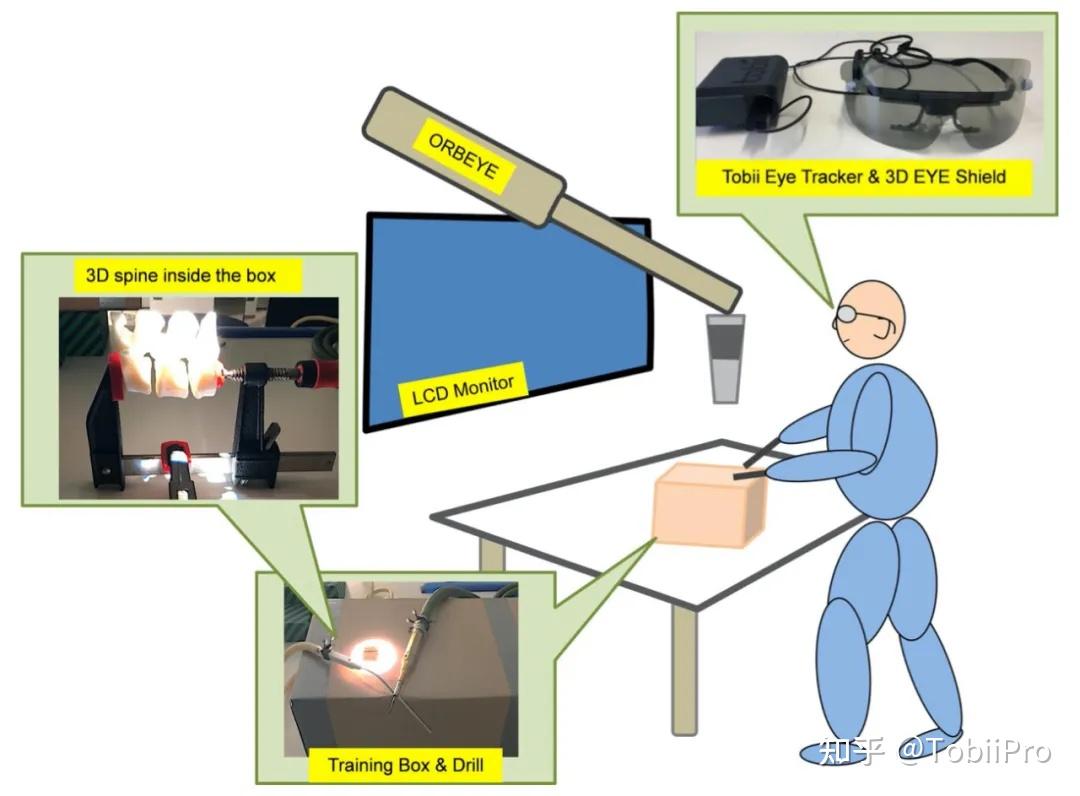|
In recent years, mobile apps have become an integral part of our daily lives, revolutionizing the way we interact with technology. These small software applications, designed for smartphones and tablets, have transformed various industries and have had a significant impact on society as a whole. One of the most remarkable aspects of mobile apps is their ability to streamline and simplify tasks that were once time-consuming or complex. Whether it's booking a ride, ordering food, managing finances, or staying connected with friends and family, there seems to be an app for almost everything. The convenience and accessibility offered by these apps have made them immensely popular among users worldwide. Mobile apps have also opened up new avenues for businesses to reach their target audience. With millions of people using smartphones, companies can now engage with their customers directly through personalized apps. This direct interaction allows businesses to gather valuable data about consumer behavior and preferences, enabling them to tailor their products and services accordingly. Furthermore, mobile apps offer a platform for e-commerce, allowing users to make purchases conveniently with just a few taps on their screens. The impact of mobile apps extends beyond individual users and businesses. They have played a crucial role in advancing various sectors, such as healthcare, education, and entertainment. In healthcare, apps enable patients to monitor their health, schedule appointments, and access medical information at their fingertips. Educational apps provide interactive learning experiences, making education more engaging and accessible to learners of all ages. Entertainment apps have transformed the way we consume media, with streaming platforms offering on-demand access to movies, TV shows, and music. Furthermore, mobile apps have contributed to the growth of the gig economy. Platforms like Uber, Lyft, and Airbnb have created opportunities for individuals to earn income by providing services through their apps. This has empowered many people to become entrepreneurs or find flexible employment options, driving economic growth and enhancing workforce mobility. However, the rapid proliferation of mobile apps has also raised concerns regarding data privacy and security. With sensitive information being transmitted through these apps, it's crucial to ensure that adequate measures are in place to protect user data from unauthorized access or misuse. App developers and regulatory bodies must work together to establish stringent guidelines and regulations to safeguard user privacy. In conclusion, mobile apps have transformed the way we interact with technology, offering convenience, accessibility, and new opportunities across various industries. Their impact on society continues to grow as more innovative and immersive apps are developed. As we move forward, it's essential to strike a balance between harnessing the benefits of mobile apps and addressing the associated challenges, ensuring a secure and user-centric app ecosystem.  |
